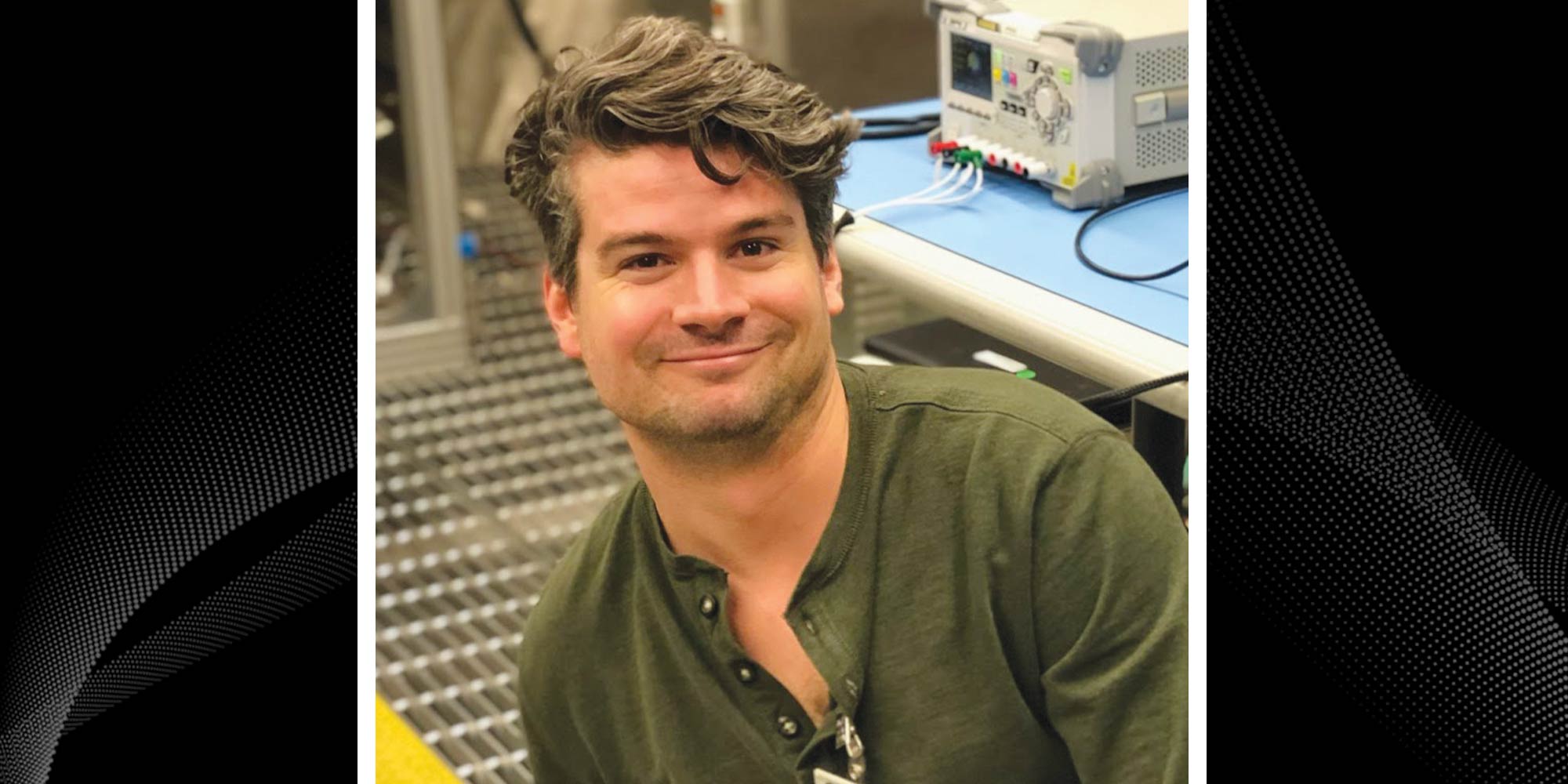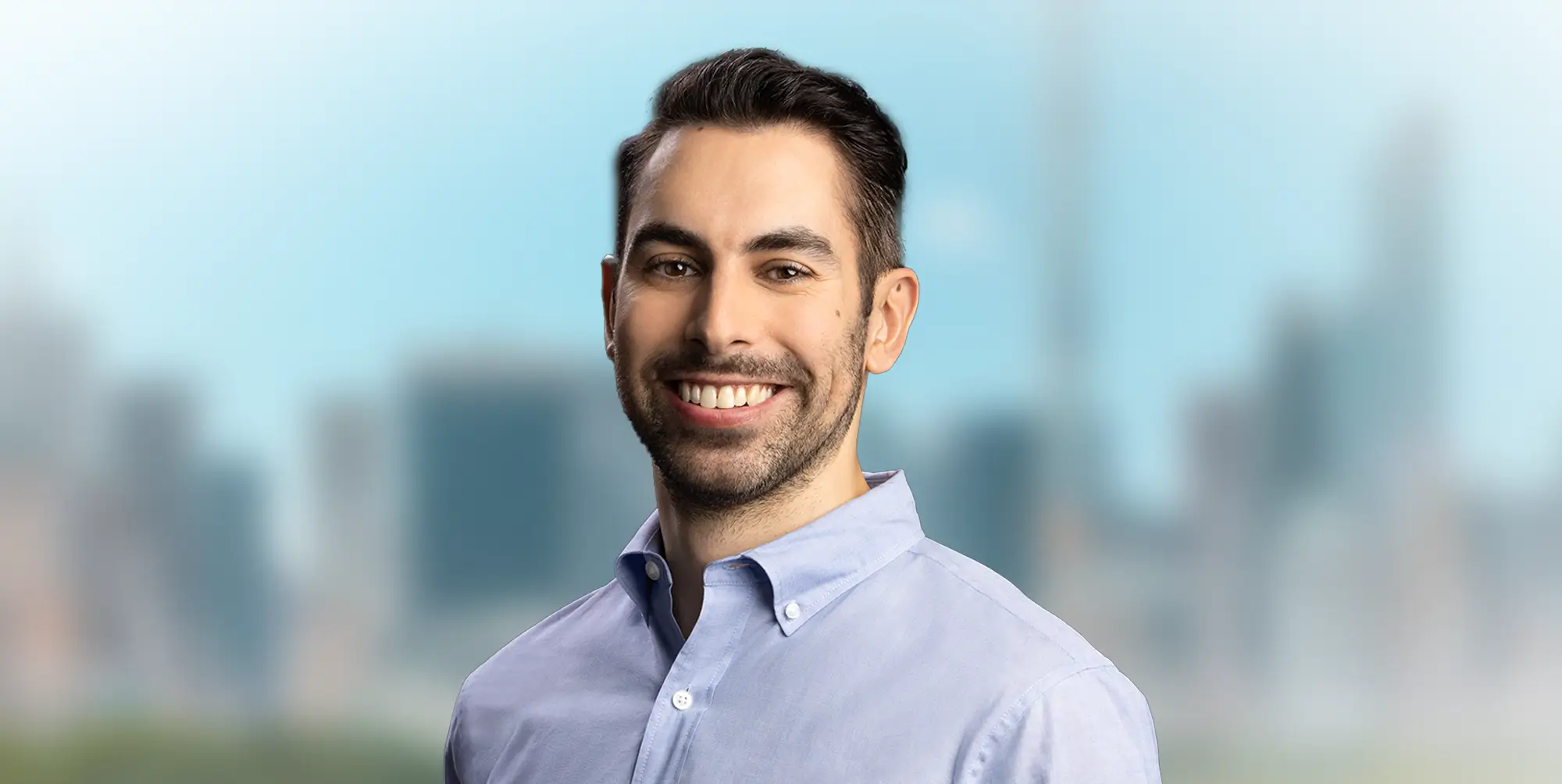The Transformation Series: Steven Schowalter

by Steven Schowalter, Data Scientist
Fifteen years ago you would have found me in the woods surrounding West Point, NY carrying an M16 and a rucksack, training to become an officer in the US Army. Ever since I was a kid, my West Point parents had groomed me to follow in their footsteps and become a member of the US Corps of Cadets. But somewhere along the way, I must have liked one too many math classes because in the summer before my junior year I made the tough decision to forgo my long-awaited military career for a less-certain path through academia.
As a transfer student at Harvard, I majored in physics and began my research in atomic physics. For the next decade of my life, I swapped out my M16 and rucksack for a pulsed dye laser and a magneto optical trap. As a grad student at UCLA, my PhD research dealt with the unwieldy world of quantum mechanics. Most of my day-to-day work revolved around designing, machining, and assembling experimental hardware to produce, trap, and laser-cool single atoms. By immersing myself in the Scientific Method — the process of taking an abstract mathematical theory, engineering an experiment to probe that theory, and finally performing the data analysis to confirm or disprove that theory — I gained a pretty solid intuition for how to tease out elusive signals in oceans of noise.
After grad school, I did what a lot of recently graduated PhD students blindly do next: I started a postdoc. Lucky for me, my postdoc took me to NASA’s Jet Propulsion Lab just up the road in Pasadena. There I got to work on a dream project building and testing a miniaturized mass spectrometer called the Spacecraft Atmosphere Monitor (or SAM for short). After three tough years of fighting through impossible deadlines, unexpected failures, and rigorous requirements, our gritty team was able to get SAM on its SpaceX flight to the ISS in August of 2019.
Despite our team’s success, the grueling toll of building flight hardware combined with a growing fascination with machine learning caused me to start looking over my shoulder at my friends who had left academia to pursue careers in data science. I’ve always enjoyed the incremental process of building scientific instruments, but my all-time favorite step of the Scientific Method has always been the data analysis. To me there is nothing more appetizing than dumping a bunch of data onto my computer and figuring out how to clean and organize that data to ultimately reveal the underlying patterns and hidden physical phenomena. So I started taking some data science courses online to keep my options open.
From within the Ivory Tower of academia, talk of leaving the proverbial priesthood for the greener pastures of the tech industry are always hush-hush. Deciding to turn off the path towards a hopeful (but still improbable) tenured professorship is often considered “selling out” or “going to the darkside” by the academic elites. So, suffice it to say that I was somewhat hesitant about leaving that comfortable Tower where I had spent the last thirteen years of my life. The pursuit of knowledge purely for the sake of knowledge had always been what I loved about academia and I wasn’t yet sure of I wanted to trade that for the pursuit of knowledge for the sake of a company’s bottom line.
Enter VideoAmp.
My friend Brian Landry had been working at this adtech company called VideoAmp down the road from my house for the past year. He would talk about all these cool fitness competitions, fun events, and the amazing perks that they offered. So of course I was intrigued. The problem was I had absolutely no clue about advertising or if it was something I’d even be interested in. But, after a few hours of whiteboarding with Brian on some of the problems he and his data science team were working on, I was sold.
The VideoAmp Data Science interview process was a grind, but the high level of difficulty was clearly a sign of the high bar the team strived to uphold. Wanting to be with the best, I told myself I need to be a part of this team. At the end of the process, despite more than a few intellectual bumps and bruises during the technical interviews, I got a call from the VP of Data Science, Ali, letting me know I had gotten the thumbs up to join the team. I was (and still am) stoked.
On my first day though, that excitement was replaced with the crushing anxiety of imposter syndrome. What the hell did I know about advertising? Hell, I barely knew how to write SQL! I was terrified my new team was going to figure out they hired an absolute moron. But over the course of a few weeks, everyone on the team had pitched in to help me get up to speed. To this day, I’m still impressed by how lucky I am to be on this team. Throughout my academic career I had worked alongside a lot of smart, capable people (even Nobel laureates). One of my worries about leaving academia was that I’d no longer be surrounded by the same level of intellectual curiosity. Boy was I wrong! VideoAmp Data Science is maybe the most academic environment I’ve ever been in. Everything we do, from our journal clubs to brainstorming sessions, is collaborative and laser-focused on how to quickly construct the best models to explain and predict trends in the data. Because of the hunger, talent, and tenacity of our team, I soon began to feel at home in my new role as a Data Scientist away from the comfortable nest of academia.
Getting comfortable outside of my comfort zone has since become a trend for me at VideoAmp. For instance, fitness and overall wellness (as I’m sure the LinkedIn world is well aware) is a major component of VideoAmp’s culture. Prior to joining VideoAmp my diet consisted of anything convenient (think Hot Pockets) and my workout routine mainly centered around walking a few blocks to Sawtelle to grab drinks and ramen. Now my mornings start with CrossFit and my meals contain roughly 0 HPPW (Hot Pockets per Week). Since joining VideoAmp, I’ve learned that starting my day by physically challenging myself makes me more motivated to attack the day intellectually and a more joyful person overall.
My biggest challenge during my time at VideoAmp has been adapting to the business landscape of advertising. Yet despite being an outsider to this world, the cohesiveness and thirst-for-success I’ve found here have helped me begin to grow roots in this industry. Working with a much different set of problem solvers has challenged me to improve my communication and to adapt my approach to the scientific method to consider what it takes to produce a minimum viable product rather than the most sophisticated solution.
I haven’t even been here two years yet, but working at VideoAmp has helped me realize how rewarding it can be to leave my comfort zone. Not only have I learned that the pursuit of knowledge is alive and well outside of academia, I’ve learned that working (and winning) with a squad of savvy, motivated individuals with diverse backgrounds and skillsets is an extremely fulfilling way to earn a paycheck. Leaving academia for VideoAmp, much like leaving West Point for Harvard, is a transformation I’m thankful I underwent. The prospect of leaving your comfort zone to explore new worlds or ideas is scary! But along the way you pick up new tools (an M16, a pulsed dye laser, a neural network), and meet new people who are also as hungry as you are, and all of a sudden things aren’t that scary anymore. Grow Exponentially and Do More. That’s VideoAmp.
